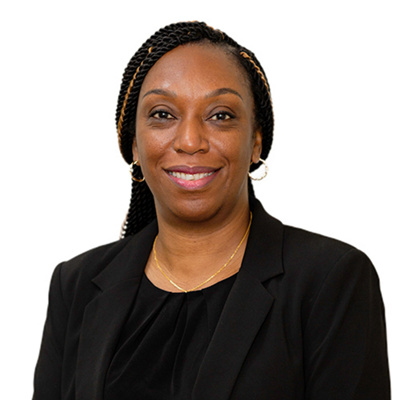Neurodevelopmental disorders are a group of conditions with onset in the developmental period. The disorders are characterised by developmental deficits that produce impairments of personal, social, academic or occupational functioning.
Neurodevelopmental disorders include:
- Autism Spectrum
- Attention-Deficit/Hyperactivity Disorder
- Intellectual Disabilities
- Global Developmental Delay
- Communication Disorders/Language Disorder
- Social (Pragmatic) Communication Disorder
- Specific Learning Disorder
- Motor Disorders
- Developmental Coordination Disorder
- Stereotypic Movement Disorder
- Tic Disorders
Who is a Developmental Paediatrician?
A developmental paediatrician is a medical doctor trained in paediatrics, and in addition has specialist training in the physical, emotional, behavioural and social development of children. They work in a multidisciplinary setting, and coordinate care for children across the home, and with therapists, school and other health care workers. This team approach can provide a more in-depth perspective for a parent, which will ultimately help your child be the best that s/he can be.
When should my child see a developmental paediatrician?
- If you have concerns about your child’s development in any area – social, emotional, behavioural or developmental (speech, motor skills).
- If your child has trouble in school (behaviour, learning, making friends)
- If your child has bedwetting, faecal soiling, trouble sleeping or eating
- If your child is anxious or seems depressed
- If your child was born preterm, has a chromosomal abnormality or chronic medical problem
- If anyone has raised the probability of a neurodevelopmental disorder
Why does my child need an assessment?
The purpose of an assessment is not only to arrive at a diagnosis, but most importantly to identify the child’s strength and difficulties. Being able to arrive at a particular diagnosis guides therapy along more appropriate evidence-based treatment, and informs on prognosis and genetic counselling as appropriate. However, having a clear understanding of the child’s current level of functioning forms basis for developing the therapy programme and serves as a baseline to monitor progress. It allows more focus on areas of difficulty, and also uses the child’s strengths to support areas where they may be deficient. A comprehensive assessment also informs of co-morbidies and associated difficulties, which can be targeted with therapy, thereby reducing the burden of the child’s difficulties.
Guidelines and clinical practice parameters that guide assessments and diagnosis in neurodevelopmental disorders strongly advocate for all children with difficulties to have a comprehensive assessment by a trained specialist.
What happens during an assessment?
Assessments are usually conducted over three sessions, with the fourth session happening two weeks after the assessments are completed. Each second and third sessions are with the neurodevelopmental paediatriacian conducting the necessary assessments with the child. Parents/carers of young children are welcome in the assessment with their child. The fourth session is for parents only. This is when the findings of the assessment and recommendations will be discussed with the parents, and a management plan to support the child is agreed upon. The child is then referred to the appropriate department(s) to carry out the management plan.
Some children may need to come for extra assessment sessions, depending on the areas of difficulty being assessed.
Types of assessments offered:
- Developmental assessment
Developmental assessments aim to determine a young child’s level of functioning in main areas of their development (gross motor, fine motor, communication, personal-social, problem solving and practical reasoning skills). Assessments are conducted by trained clinicians, using standardised protocols and child engaging dedicated toys, to assess the child’s strengths and difficulties. Children from birth up to eight years old benefit from developmental assessment.
Behaviour assessment (e.g ADHD, Anxiety, Depression)
Behaviour assessments involve collecting information from parents and teachers about a child’s behaviour in their environment, using stardardised assessment tools. It also involves collecting information and conducting tests (e.g intelligence tests and academic achievement tests) to ascertain if there are other co-morbid factors contributing to a child’s challenging behaviour.
Behaviour assessments include, for example, assessment for ADHD, oppositional behaviour, school refusal, mood disorder. - Autism assessment
Autism assessment involves administration of a standardised autism specific tool to assess for autism, but also testing to ascertain a child’s developmental level (in young children) or intelligence and academic achievement level (in older and more able children), language level, any medical or genetic associations, and any co-morbid conditions. - Learning difficulties assessment
Learning difficulty assessment involves collecting information from the parents and teachers about a child’s areas of strengths and difficulties, behaviour and attitude to learning. The child’s intellectual potential is ascertained, and their levels in reading, phonological processing, comprehension, spelling, writing, maths computation, and maths concepts skills, using stardardised tools. Based on areas of strengths and difficulties, an intervention plan is developed to support the child’s learning.
Do you provide school services?
A neurodevelopment physician works closely with schools to provide supervision, teacher training, presentations for parents and also early childhood developmental screening.

